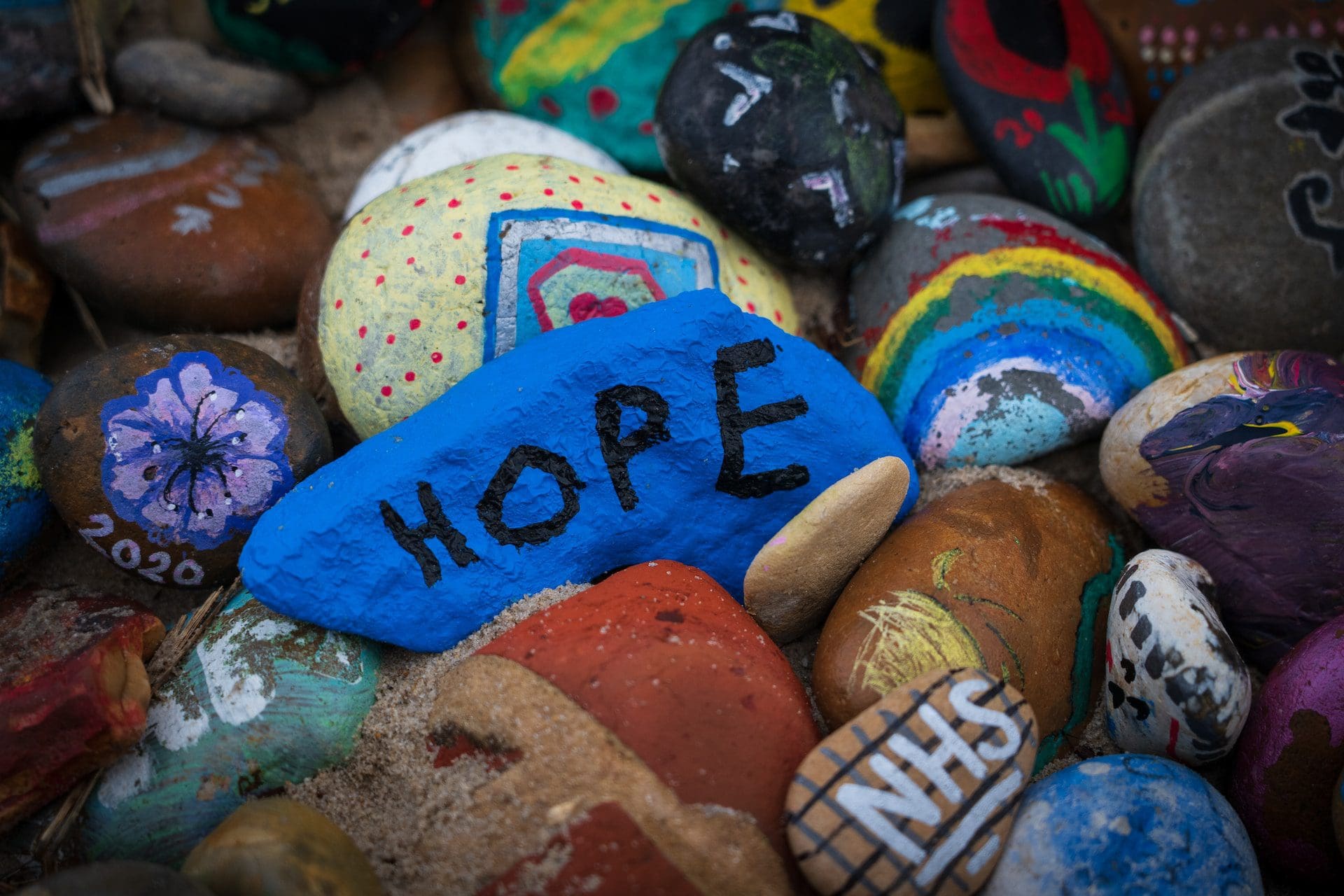By Calix Eden
See original post here.
Let me begin with the personal. The NHS saved my life. When I was thirteen, I had a burst appendix resulting in critical brain surgery. I was given a 50% chance of survival and a high chance of permanent brain damage. My parents asked the surgeon if there was anything they could do that would help financially. The surgeon replied: ‘money doesn’t come into it – your son will receive the very best treatment possible right here’. It is totally unconditional. Like so many of us, I owe my life to the NHS.
Thirty years ago, Nigel Lawson said the NHS has become our religion. At the opening of the Olympics nurses bounced on beds, where usually multi-million-pound pop stars croon. Can you imagine singing prison staff or dancing refuse collectors? During Covid we clapped the NHS and banged our pans week in and week out.
No other country that I know of has anything approaching this level of enthusiasm for their health service. In fact, the NHS has become personified to us. It is our collective mother and father rolled into one. The care is unconditional, just like a parent still loves their child through thick and thin. Perhaps Nigel Lawson understated it – the NHS is far more than a religion.
After 75 years and – despite serious problems – the NHS is part of the permanent fabric of our society. Many of us may have suffered personal hardship from the NHS – an endlessly delayed operation, a wrong diagnosis, inability to find a dentist or a lengthy wait at A&E – but in our minds that is not the core fault of the NHS as such, but rather lack of funding. The NHS transcends the particular problems of the time. It is there for all of us and has become the national glue that binds us together as a society.
More universalism: not more austerity
I believe the key to why we love the NHS is its universalism and unconditionality. Early NHS pioneers realised that in order to build a better society we had to provide for everyone and – crucially – this was a long-term investment beyond the immediate cost. Universalism is the only way to ensure nobody misses out. It is extraordinary to think how radical and daring this thinking was at a time when the country was bankrupt and in ruins.
The NHS faced widespread establishment opposition from Churchill’s Tories – they voted against it 21 times – and the BMA who likened it to the National Socialism we had just defeated in the war. Now our dire situation as a country shares broad parallels with 1948. Our knee jerk reaction is always more austerity, but this has proven again and again to be a failure. It just shrinks the economy and makes us poorer. Let’s think laterally and consider what has worked in the past. Perhaps the answer is to extend universalism and build something new to protect us all? A universal basic income paid to every one of us fits that bill.
Security without stigma
We should remember that universalism is actually progressive because in real terms it means more to those with the least. Think of it this way – if we give £100 to someone wealthy and the same amount to someone on the breadline, it means little to the wealthy person but the world to the person with nothing. There is no stigma or jealousy, and none of the toxic ‘he gets more than me’ syndrome inherent in means testing.
As far as the NHS is concerned, this could be a game changer. Mental health would surely improve if people had a consistent income – so many mental health problems are caused by financial stress and chronic insecurity – and diet would undoubtedly improve if people were off the breadline. The next government won’t want to take away something that has universal appeal and is our collective right, just like they don’t dare take away the NHS.
Binding us together again
The biggest cost to our NHS by a country mile is the pervasive poverty in our society, as Michael Marmot points out. A basic income for all would provide a foundation for everyone, rich or poor, black or white, able and disabled. Undoubtedly, it would cost a lot, but it would be an investment, just like the NHS. We spend untold billions in mopping up poverty, ill health and misery – could we find a way to support people before it happens? Whisper it quietly, but might this actually be cost-effective? Or, put it the other way round, can we afford to go on as we are?
I know a basic income is not the answer to everything (nothing is)– we still need huge investment to tackle climate change, education, housing and, of course, our NHS – but it would be a vital start and would lift millions out of the poverty trap. Universalism is a net with no holes. Just as significantly a basic income for all could bind us together in a new way and give us renewed hope, just like the NHS in 1948.Now, that’s worth clapping for.





















